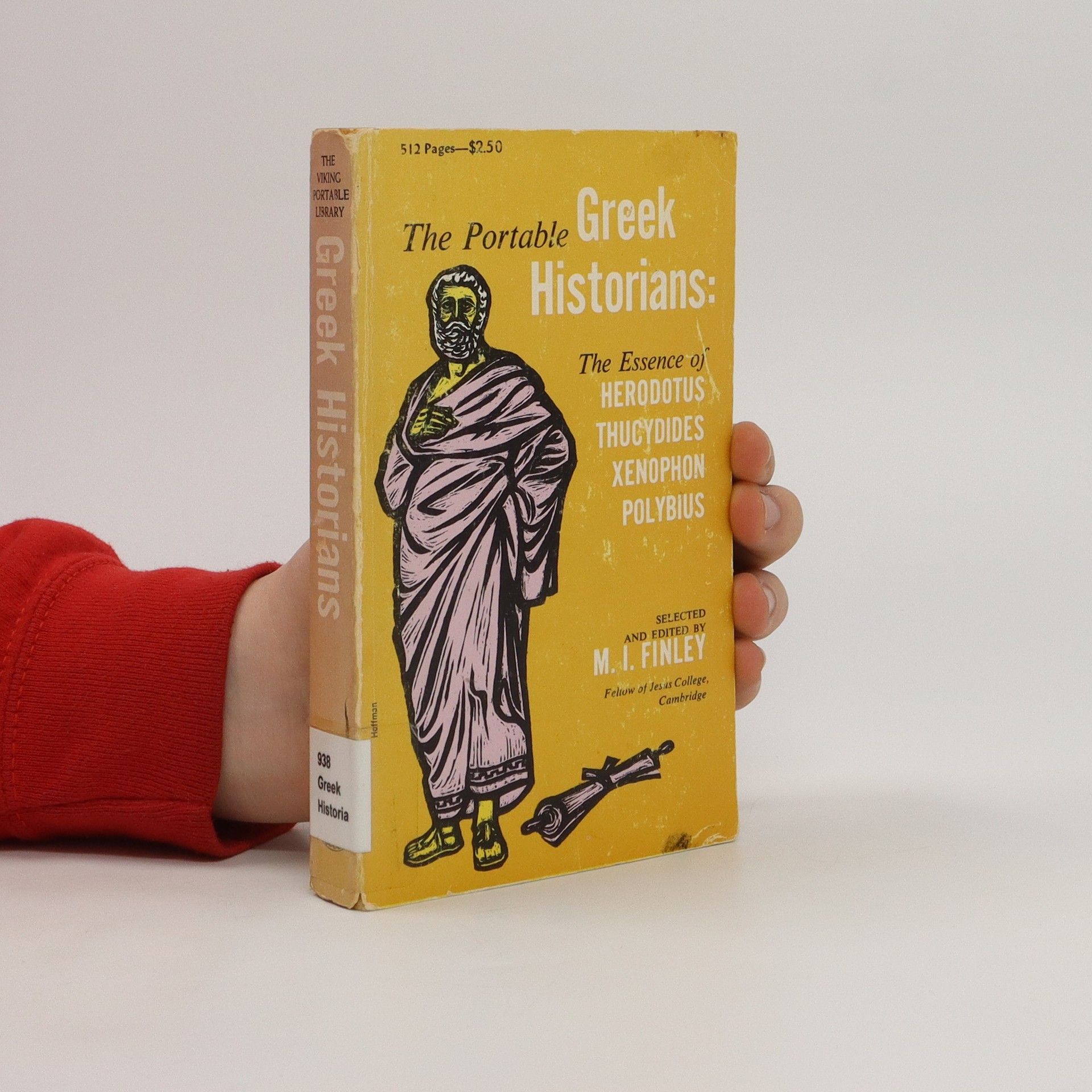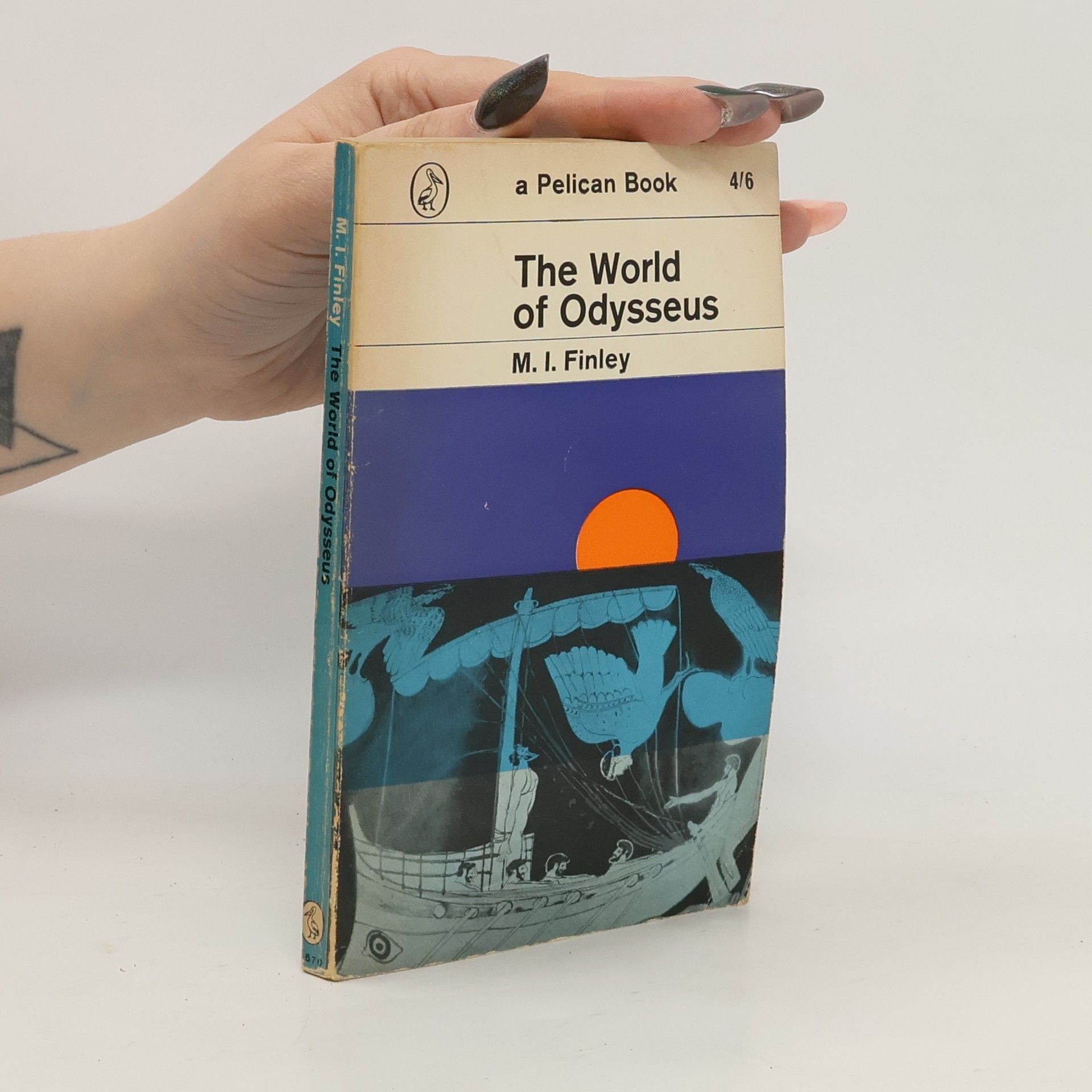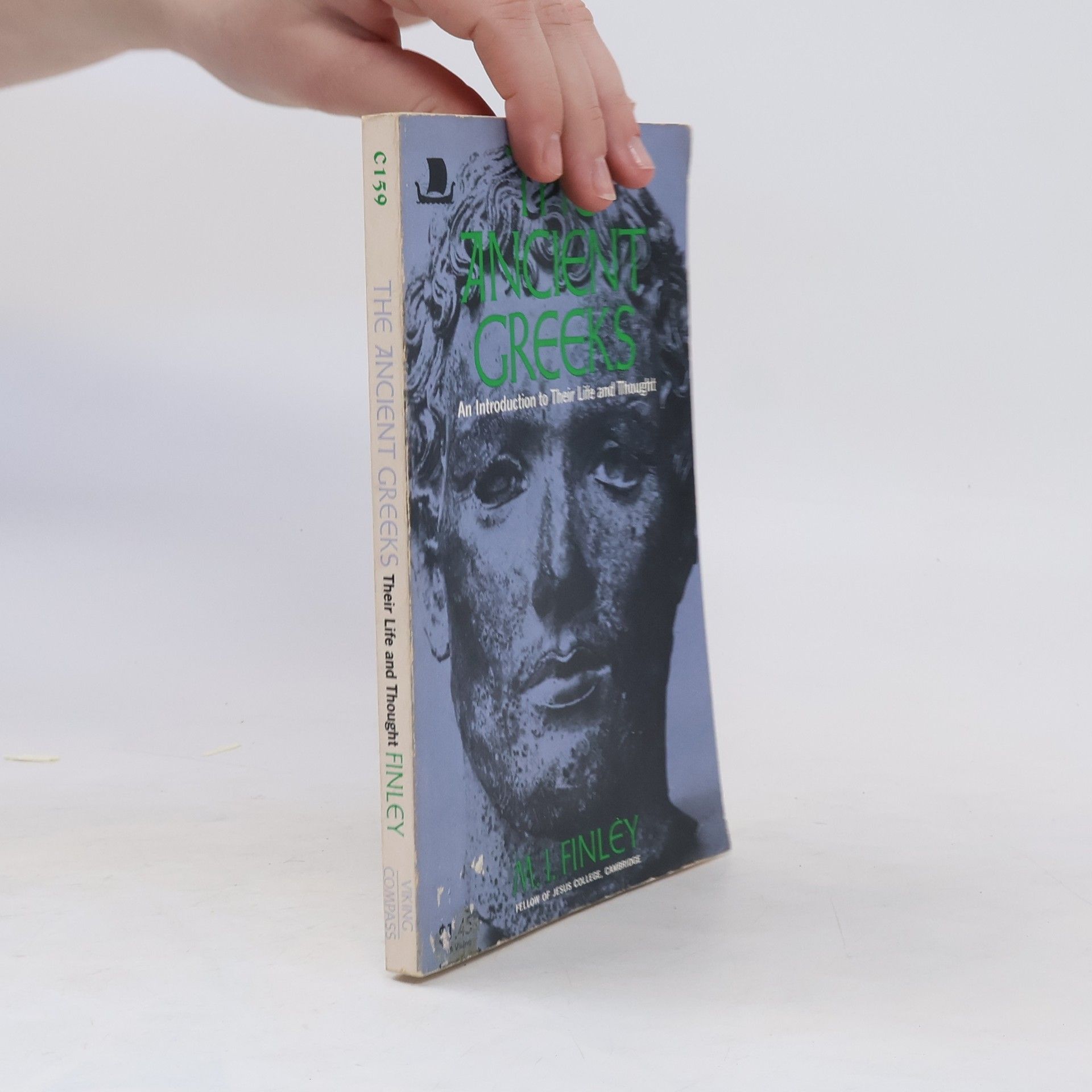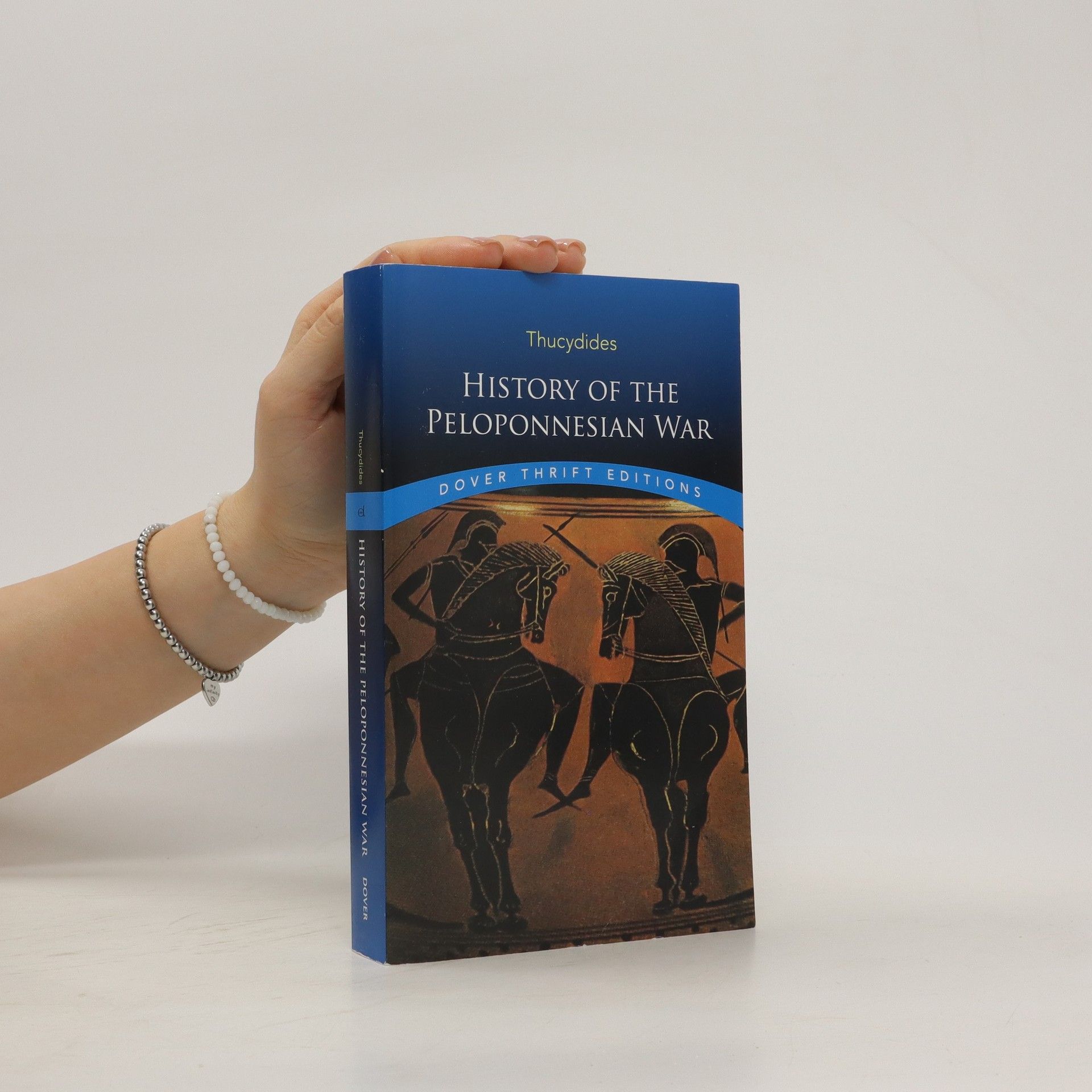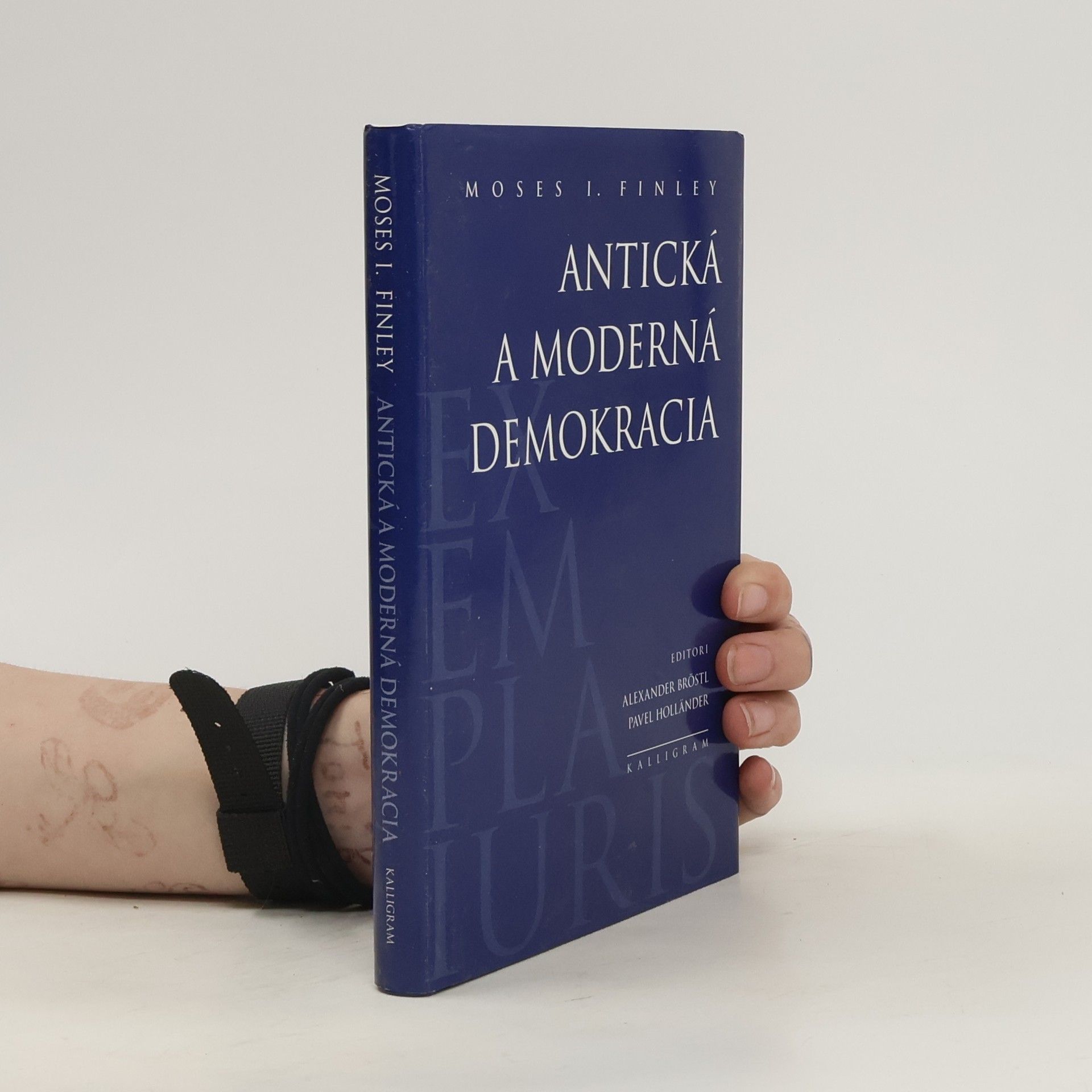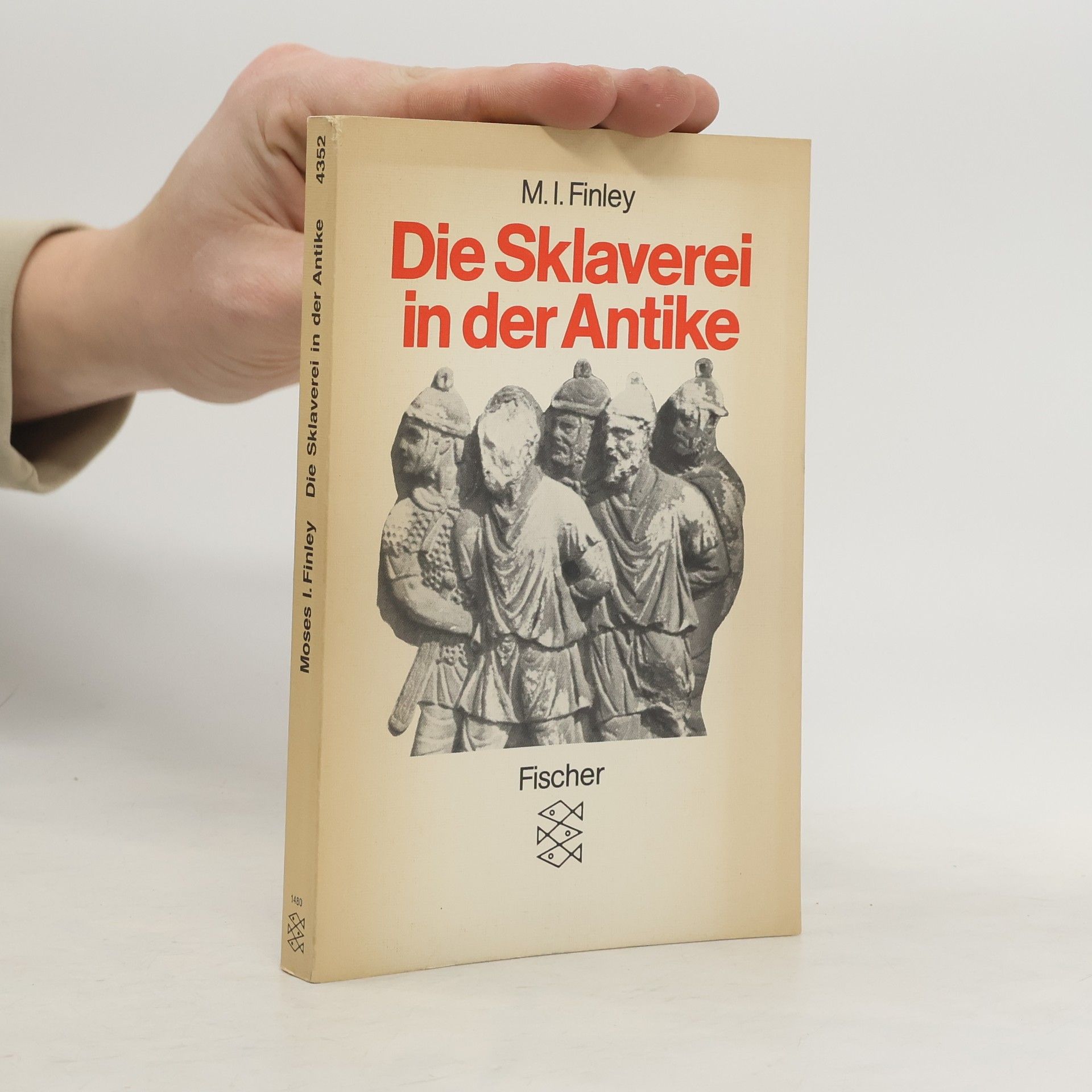History of the Peloponnesian War
- 432bladzijden
- 16 uur lezen
An Athenian general of the fifth century B.C. chronicles the disastrous 27-year conflict between Athens and Sparta. Thucydides traces the conflict's roots and provides detailed, knowledgeable analyses of battles and the political atmosphere.
